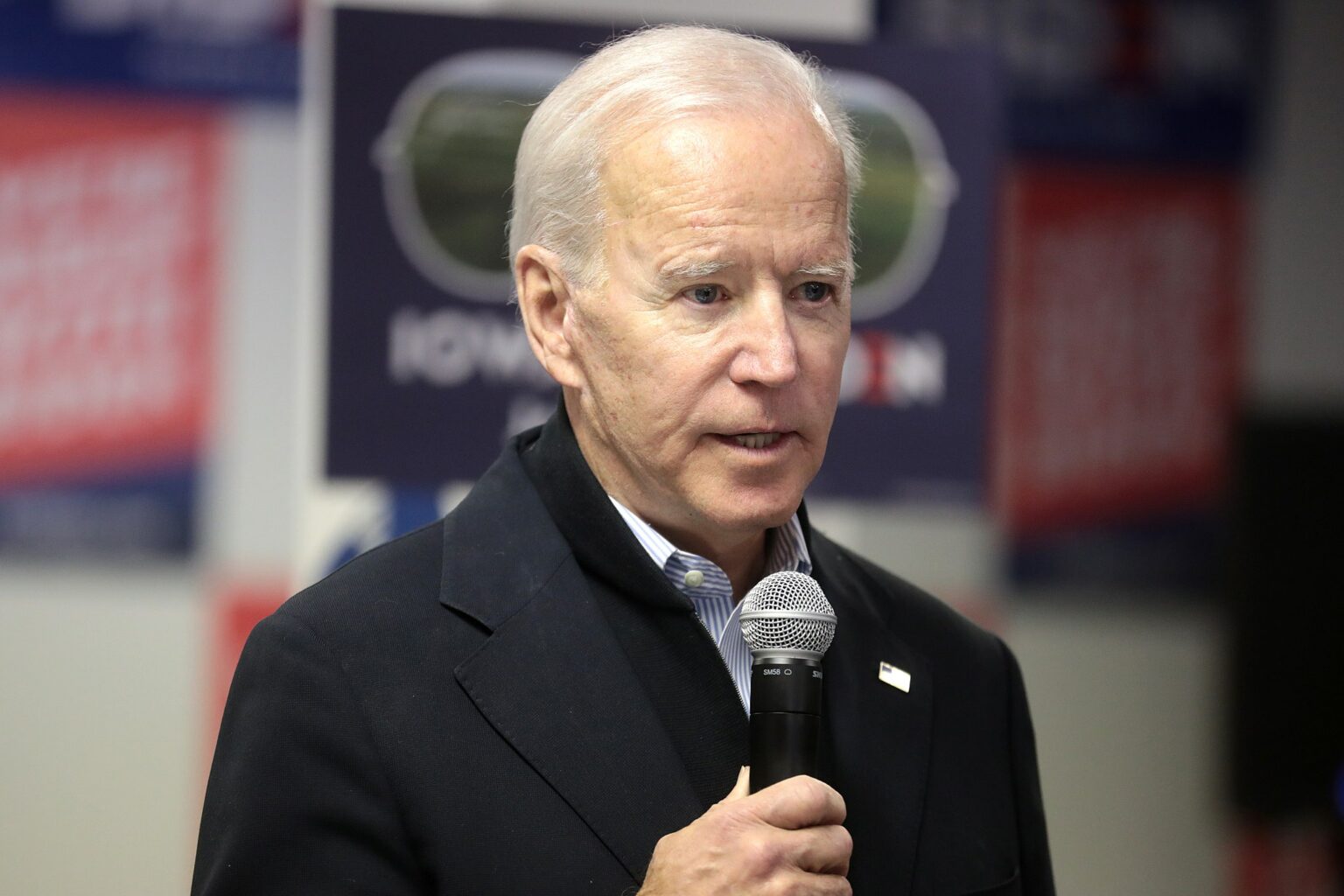Here’s how it happened…
According to recent polling data, President Biden has gained a six-point lead in a hypothetical head-to-head matchup against former President Trump. The latest national poll conducted by Quinnipiac University reveals that among registered voters, Biden holds 50 percent support, while Trump trails at 44 percent. This marks a shift in favor of the incumbent since December when the same hypothetical matchup was deemed “too close to call,” with Biden at 47 percent and Trump at 46 percent.
Independents also seem to favor Biden, with 52 percent supporting him compared to Trump’s 40 percent. The data suggests a notable gender gap in support for the two front-runners, reflecting a changing landscape in the run-up to the 2024 election. Among women, 58 percent express support for Biden, up from 53 percent in December. In contrast, men’s support for Trump remains relatively stable at 53 percent, only a slight increase from 51 percent in the previous month.
Quinnipiac University polling analyst Tim Malloy highlights the significance of the gender demographic, stating that recent weeks have seen female voters propelling Biden to a modest lead over Trump.
Looking ahead to the 2024 race, President Biden faces a few Democratic challengers, while the Republican contest narrows down to a battle between Trump and former United Nations Ambassador Nikki Haley. Despite calls within the GOP to consolidate support behind Trump, Haley is holding her ground and emphasizing her electability, citing polling data indicating her stronger performance against Biden compared to Trump.
The poll also explores a hypothetical matchup between Biden and Haley, revealing that in this scenario, Haley secures 47 percent support, enjoying a five-point lead over Biden’s 42 percent. Malloy notes that Haley’s advantage is particularly evident among independents. However, it’s important to acknowledge that Haley’s numbers dip when third-party candidates are factored into the equation.
As the 2024 presidential race gains momentum, South Carolina’s Democratic primary is set to take place this weekend, marking the beginning of the party’s nominating cycle. Nevada and South Carolina will follow in the Republican process later in February. The Quinnipiac poll, conducted on January 25-26 among 1,650 self-identified registered voters nationwide, carries a margin of error of plus or minus 2.4 percentage points.
